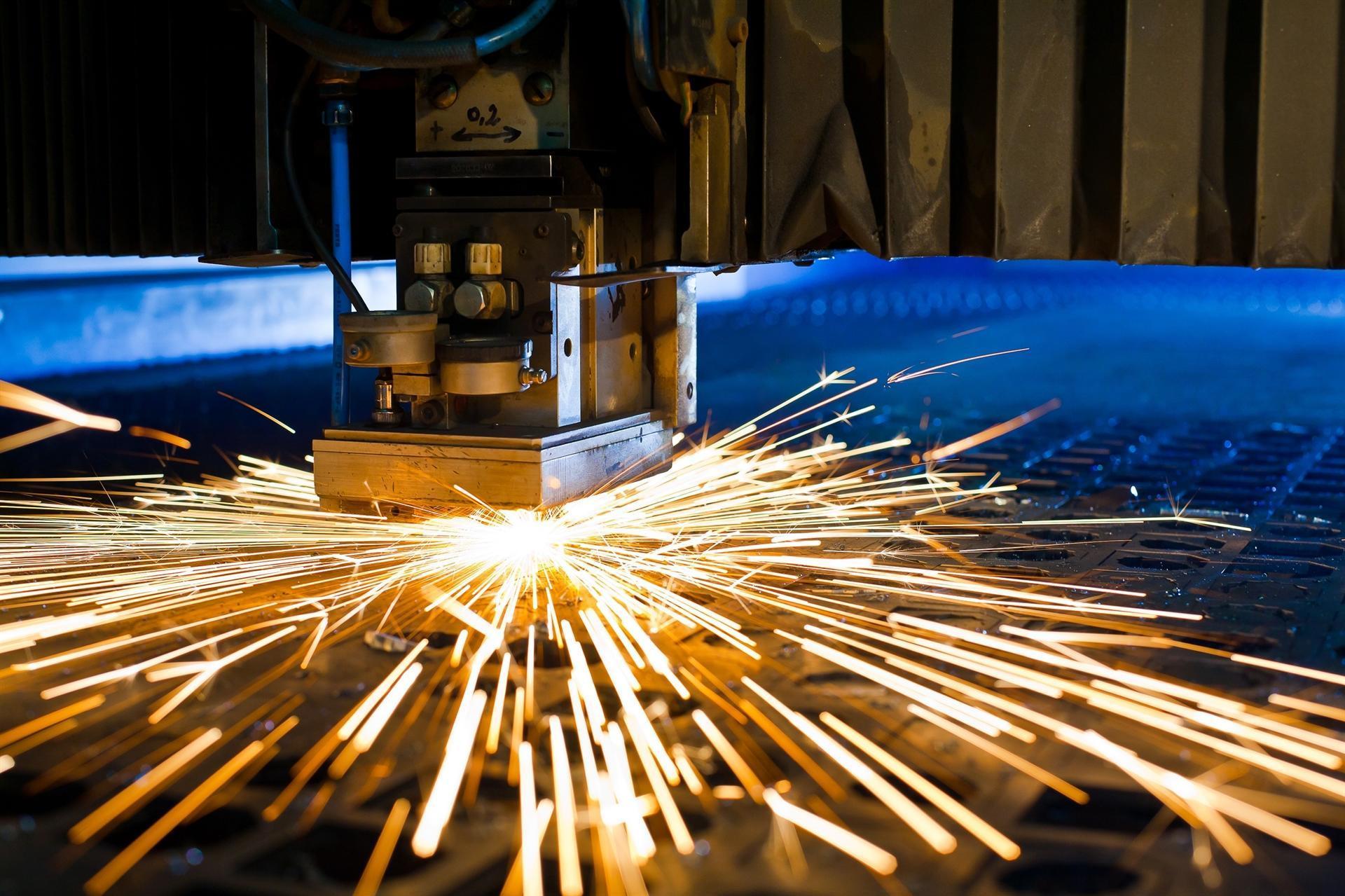Turkey sees surge in steel, machinery exports in 2018

Turkey’s steel exports rose 20.8 percent year-on-year to reach 21.4 million tons in 2018, according to the Turkish Steel Exporters Association on Jan. 8.
The country earned $15.6 billion from steel exports last year, up 36 percent from 2017, the association said in a statement.
The European Union, Middle Eastern and North American countries were the largest importer of Turkish steel last year.
Steel exports to the U.S., Iraq, Algeria and the UAE saw the highest increase during the same period.
Adnan Aslan, head of the Steel Exporters Association, said the country has successfully passed 2018 -- which was marked by the protectionist measures – thanks to Asian market’s interest in Turkish steel.
“The sector will be under strain especially in the first half of this year, as China will head for an aggressive export policy and the protectionism trend will continue in 2019,” Aslan said.
Turkey's exports hit an all-time high with $168.1 billion last year, according to the country's trade minister on Jan. 4.
Turkey’s total machinery exports reached $11 billion in the first eight months of 2018, an exporters’ association had said on Sept. 6.
The exports jumped by 16.6 percent over the same period last year, the Machinery Exporters’ Association (MAİB) said in a press release.
The sector exported products mostly to Germany, the U.S. and the U.K., as exports to the U.S. and Russia were up by 21.9 percent and 43.2 percent, respectively.
According to American Foundry Society, world casting production grew more than 5 percent in 2018 and Turkey ranks third in Europe behind Germany and Italy with 2.2 million tons of production.
“Turkey reached this capacity with 932 foundries while Germany has 574 foundries. These figures show that Turkish foundries are still not as efficient as they should be,” said Şuayip Dayıoğlu, general manager of Ideal Model, a leading foundry machine/facilities producer.
“Our goal for 2019 should be increasing the ratio of value-added casting production, which requires investments in more intensive training and more technological foundry machinery and equipment,” he added, noting that many Turkish foundries have launched programs for modernization, leading to the recent hikes in production efficiency.
















